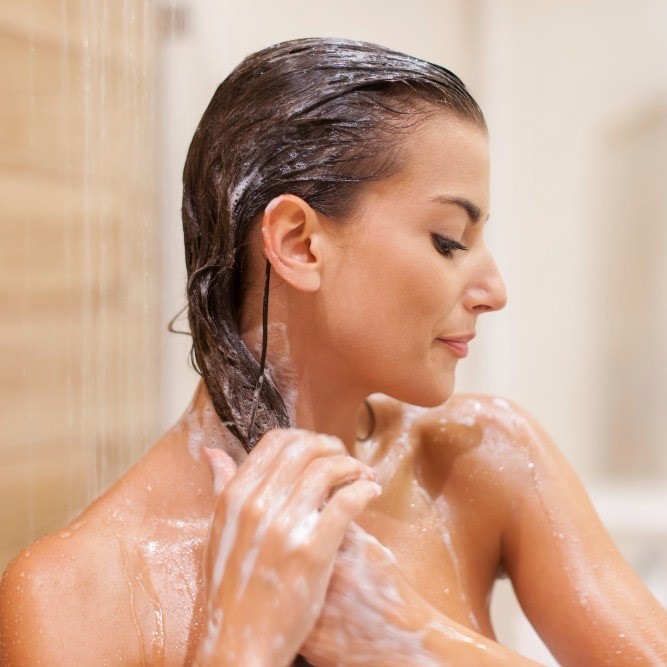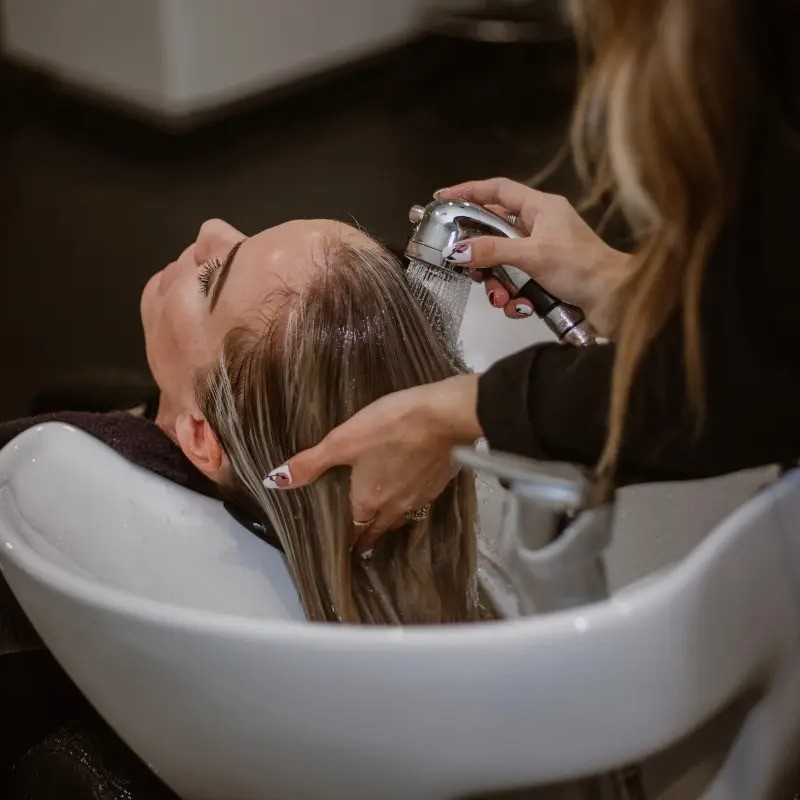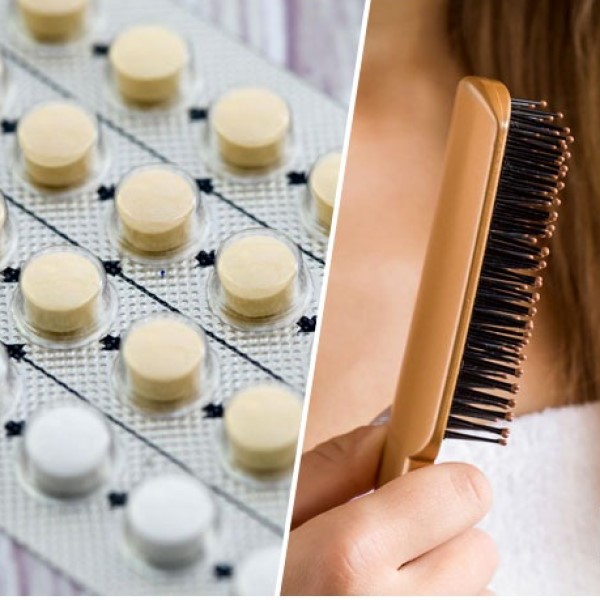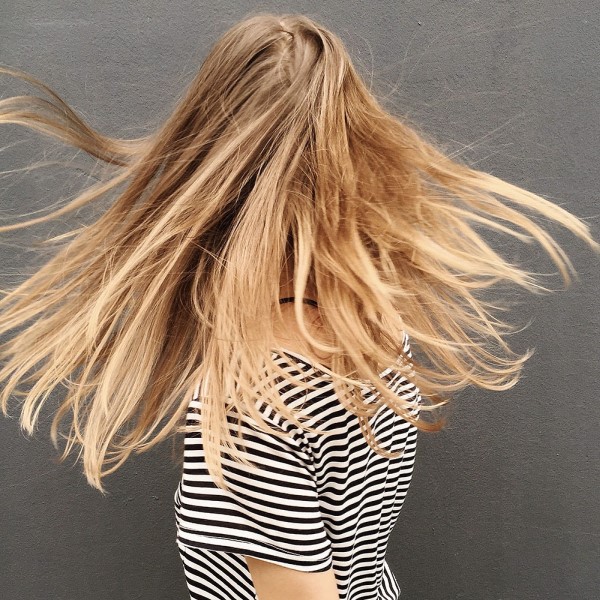
Does Pantene Cause Hair Loss? Unveiling the Truth Behind Claims
Introduction to Pantene Hair Products
Pantene is one of the most popular haircare brands worldwide. It is well-known for its wide range of shampoos, conditioners, and styling products. The brand caters to a variety of hair types and needs, offering solutions for damaged, dry, frizzy, and color-treated hair.
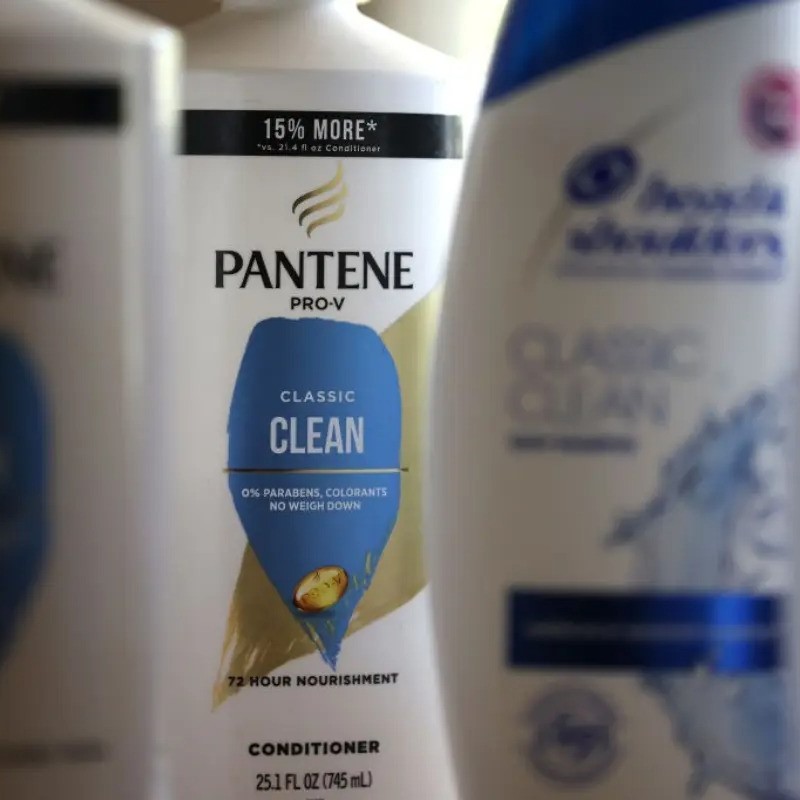
First launched in Switzerland in 1945, Pantene quickly became recognized for its innovative formulas. The brand’s name originates from “panthenol,” a key ingredient in its products. Panthenol is a provitamin of B5 known to improve hair moisture and shine.
Pantene’s products are marketed to promote healthy, strong, and beautiful hair. Their iconic “Pro-V” formula claims to nourish hair deeply and protect it from damage. You can find Pantene products in supermarkets, drugstores, and online retailers worldwide.
Different Pantene lines are tailored to address specific hair concerns. These include the Pantene Pro-V Classic Clean, Repair & Protect, and Volume & Body collections. Each line contains specific ingredients targeting issues like split ends, weak strands, or a lack of volume.
Despite its popularity, some concerns about whether Pantene leads to hair loss have emerged. Critics point to certain ingredients potentially causing irritation or build-up on the scalp. These concerns have sparked debates among users and experts. However, no conclusive evidence confirms that Pantene directly causes hair loss.
Understanding Pantene’s ingredients and their effects may help alleviate consumer concerns. Does pantene cause hair loss? In the next section, we will explore general worries about hair products and their connection to hair health.
Common Concerns About Hair Products and Hair Loss
Haircare products often promise stronger, healthier, and more vibrant hair. However, many users worry about potential risks associated with using certain products. One of the most common concerns is whether specific hair products can lead to hair damage or hair loss.
Build-Up and Residue
Hair products may leave residue on the scalp or hair strands over time. This build-up can block hair follicles, potentially affecting hair health. Regularly using products with heavy silicones or waxes may worsen this issue.
Scalp Irritation
Some individuals experience allergic reactions or irritation from certain product ingredients like fragrances or preservatives. An irritated scalp can lead to inflammation and increase the risk of hair shedding.
Harsh Chemicals
Many hair products contain harsh chemicals such as sulfates, parabens, or alcohols. These ingredients might dry out the hair and scalp, stripping away natural oils and causing weaker strands.
Ingredient Sensitivity
Different people have varying levels of sensitivity to certain ingredients. What works for one person may not suit another, highlighting the importance of knowing your hair type and scalp condition.
Misuse of Products
Overusing hair formulations or not rinsing them properly can harm hair over time. Using heat styling tools alongside heavy hair products may also contribute to breakage.
When considering concerns about Pantene or any other hair product, understanding these factors is essential. The combination of product choice, ingredients, and usage habits impacts overall hair health. In the next sections, we will analyze Pantene’s specific ingredients and their effects on hair.
Ingredients in Pantene: Overview and Analysis
Pantene products contain various ingredients designed to improve hair care and health. These ingredients are carefully chosen to cleanse, nourish, and protect hair from damage.
Key Ingredients in Pantene
- Panthenol:
- Panthenol is a provitamin of B5.
- It helps improve hair moisture, shine, and softness.
- Silicones:
- Examples include dimethicone and amodimethicone.
- They coat hair strands to reduce frizz and add smoothness.
- Excessive use may lead to build-up over time.
- Surfactants:
- Common surfactants are sulfates like sodium lauryl sulfate.
- They clean hair by removing dirt and oils.
- Sulfates can strip natural oils, leading to dryness if overused.
- Alcohols:
- Fatty alcohols, like cetyl alcohol, hydrate hair.
- Drying alcohols, like ethanol, may cause dryness or irritation.
- Fragrances:
- Fragrances improve the scent of products.
- They may cause scalp sensitivity for those with allergies.
- Preservatives:
- Examples include parabens or sodium benzoate.
- Preservatives prevent microbial growth and extend shelf life.
Effect of These Ingredients on Hair Health
- The combination of cleansing agents and silicones helps maintain smooth hair.
- Proper use prevents residue build-up and reduces risk of hair or scalp damage.
- Ingredients like panthenol and fatty alcohols aid hydration and nourishment.
While many Pantene ingredients are meant to promote hair health, overuse or sensitivity can pose challenges. Understanding the role of these components helps consumers choose products that suit their specific hair needs.
Can Specific Pantene Ingredients Cause Hair Loss?
When exploring whether Pantene’s ingredients could impact hair health negatively, it’s important to focus on certain components in their formulas. These ingredients aim to improve hair care but may pose risks depending on individual sensitivity or incorrect usage.
Panthenol: A Beneficial Ingredient
- Benefits: Panthenol is a key moisturizing ingredient in Pantene products.
- Risks: Rarely causes irritation unless you have a unique sensitivity.
- Assessment: Generally not linked to hair loss.
Silicones: Smoothing Agents
- Function: Silicones like dimethicone and amodimethicone coat hair for smoothness and reduced frizz.
- Risks: Excessive use may result in build-up, leading to weak hair and potential shedding.
- Assessment: Proper cleansing can minimize build-up effects.
Sulfates: Cleaning Agents
- Function: Sulfates, such as sodium lauryl sulfate, effectively remove oil and dirt from hair.
- Risks: Can strip natural oils, causing dryness or breakage with frequent use.
- Assessment: Overuse could harm hair health over time.
Alcohols: Hydration or Dryness
- Types: Fatty alcohols hydrate, while drying alcohols like ethanol may cause scalp irritation.
- Risks: Drying alcohols can lead to brittle and fragile hair if overused.
- Assessment: Check product labels for specific alcohol types.
Fragrance and Preservatives: Extra Components
- Fragrance: Adds appealing scents but may trigger allergies or irritation.
- Preservatives: Extend product life but could irritate sensitive scalps.
- Risks: Both ingredients may contribute to inflammation and heightened hair shedding for some.
- Assessment: Choose products based on personal sensitivity levels.
Specific Pantene ingredients are generally safe for hair care when used appropriately. Problems might arise due to individual sensitivities, overuse or improper cleansing routines. Selecting products suited to your hair type and condition can greatly minimize risks. In the next section, we will explore professional opinions and scientific studies about Pantene and hair health.
Expert Opinions and Studies on Pantene and Hair Health
When it comes to understanding whether Pantene causes hair loss, consulting expert opinions is crucial. Scientific studies and professional insights offer valuable perspectives on the subject.
Scientific Studies on Pantene Products
Research on Pantene’s formulas primarily highlights their benefits and safety. Studies confirm that its key ingredient, panthenol, effectively moisturizes and strengthens hair. Similarly, silicones, another major component, are proven to smooth hair, making it more manageable. Although sulfates in Pantene products clean hair well, studies indicate that overuse may dry out the hair and scalp. This can weaken the hair, but it does not directly cause hair loss.
Dermatologists’ Insights
Dermatologists stress the importance of evaluating personal sensitivity to product ingredients. They note that adverse reactions are often caused by allergic responses rather than the product itself. According to experts, issues like scalp irritation, buildup, or dryness are more likely related to misuse or overuse. They recommend thorough cleansing and limiting exposure to drying agents like sulfates and alcohols.
User Experiences
Many users report positive results after using Pantene, including smoother and healthier-looking hair. However, others have raised concerns about scalp build-up and potential dryness. These mixed reviews emphasize the varying effects of haircare products based on individual hair and skin type.
Clinical Evidence on Hair Loss
Current clinical evidence does not establish a direct link between Pantene products and hair loss. Most cases of hair loss are caused by underlying medical conditions, genetics, or lifestyle factors. Experts urge individuals to look beyond shampoos and examine possible health factors.
Conclusion
The consensus among experts and studies suggests Pantene does not directly cause hair loss. Improper use, individual sensitivities, or unrelated health issues are more likely culprits. Consulting a dermatologist can help address specific concerns about Pantene or other haircare products.
Factors Beyond Products That Contribute to Hair Loss
Does pantene cause hair loss? Hair loss can stem from a variety of causes unrelated to the haircare products you use. Understanding these factors is essential for addressing and managing hair loss effectively.
Genetics
- Hair loss is often hereditary and passed down through your family.
- Male and female pattern baldness are common forms of genetic hair loss.
- Speak with a doctor if hair loss runs in your family.
Hormonal Changes
- Hormonal imbalances can lead to hair thinning or shedding.
- Pregnancy, menopause, and thyroid problems often affect hormone levels.
- Conditions like polycystic ovary syndrome (PCOS) may also contribute to hair loss.
Stress
- Stress can cause temporary hair loss, known as telogen effluvium.
- Prolonged stress disrupts the natural hair growth cycle.
- Managing stress through relaxation techniques may help prevent further hair loss.
Diet and Nutrition
- A poor diet can result in hair thinning and breakage.
- Lack of essential nutrients like iron, zinc, and protein affects hair health.
- Ensure a balanced diet to support strong, healthy hair.
Medical Conditions
- Certain illnesses such as alopecia areata contribute to hair loss.
- Medications for conditions like chemotherapy may also lead to temporary hair shedding.
- Seek medical advice to address underlying health issues.
Age
- Aging naturally causes hair to thin and grow slower.
- Reduced hormonal production affects hair strength and density.
- Use age-appropriate products to keep hair healthy.
Hairstyling Habits
- Regular use of heat tools can weaken hair.
- Tight hairstyles like ponytails may cause traction alopecia.
- Avoid over-styling and excessive chemical treatments to reduce damage.
Environmental Factors
- Pollution and sun exposure can damage your hair.
- Extreme weather conditions may dry out and weaken strands.
- Protect your hair with hats or suitable hair products.
Conclusion
Understanding that factors beyond products influence hair loss is crucial. Addressing lifestyle, nutrition, and environmental influences is key. Consulting medical experts can also provide personalized guidance for managing hair loss.
How to Choose the Right Haircare Products for Your Hair Type
Does pantene cause hair loss? Finding the right haircare products is essential to maintain the health of your hair. With countless products available, choosing the best one may feel overwhelming. Here are some key factors to consider to simplify the process:
Identify Your Hair Type
- Straight Hair: Choose lightweight shampoos and conditioners that won’t weigh your hair down.
- Curly Hair: Look for products with hydrating ingredients like shea butter or glycerin to define curls.
- Wavy Hair: Use products that balance hydration and volume without making the hair greasy.
- Coily Hair: Prioritize deeply hydrating shampoos, masks, and leave-in conditioners with nourishing oils.
Address Your Hair Concerns
- Dry Hair: Use products with moisturizing agents like panthenol and natural oils. Avoid sulfates.
- Oily Hair: Opt for clarifying shampoos with mild ingredients to regulate excess oil.
- Damaged Hair: Seek protein-rich treatments to repair split ends and strengthen weak strands.
- Color-Treated Hair: Choose sulfate-free products to preserve color and prevent fading.
Check Ingredients
- Avoid products with harsh sulfates if your hair is dry or color-treated.
- Look for silicones carefully. While smoothing, they should not cause excessive build-up.
- If you have sensitive skin, avoid fragrances and parabens that may irritate the scalp.
Consider Climate and Lifestyle
- For humid environments, use anti-frizz products to tame hair.
- In dry climates, focus on moisturizing products to combat hair dryness.
- Active lifestyles may require frequent washing, so choose mild, gentle products.
Perform a Patch Test
- Test new products on your skin before applying to your scalp or hair.
- If irritation occurs, discontinue use immediately.
Ask Experts or Research
- Consult your hairstylist or dermatologist if unsure of your hair’s needs.
- Explore trusted reviews and customer feedback before buying new products.
Conclusion
Selecting the right haircare products depends on your hair’s unique needs and lifestyle. Identify your hair type, check ingredients, and focus on nourishing formulas suited for your hair. Following these steps ensures healthier, happier hair in the long run.
Steps to Address Hair Loss Concerns
Does pantene cause hair loss? Addressing hair loss requires a combination of proper haircare, lifestyle adjustments, and professional advice. Following these steps can help improve hair health and manage concerns effectively.
1. Identify the Underlying Cause
- Evaluate genetic predisposition, health conditions, or lifestyle factors leading to hair loss.
- Consult a dermatologist to diagnose potential scalp or medical conditions.
2. Maintain a Balanced Diet
- Consume foods rich in vitamins, minerals, and nutrients like iron, zinc, and biotin.
- Include protein-rich foods for stronger hair.
- Stay hydrated to keep your scalp and hair healthy.
3. Choose Suitable Haircare Products
- Select shampoos and conditioners tailored for your hair type and concerns.
- Avoid products with sulfates, harsh chemicals, and drying alcohols.
- Look for formulas that include nourishing ingredients like panthenol and natural oils.
4. Manage Stress Effectively
- Practice mindfulness, yoga, or meditation to reduce stress levels.
- Ensure adequate sleep to regulate your body’s natural cycles.
5. Practice Healthy Hair Habits
- Avoid excessive heat styling and chemical treatments.
- Use wide-tooth combs to prevent hair breakage.
- Wash and condition hair properly without over-shampooing.
6. Regular Trims and Scalp Treatments
- Trim split ends regularly to maintain healthy hair growth.
- Use scalp treatments to reduce build-up, irritation, or dryness.
7. Protect Hair from Environmental Damage
- Shield hair from harsh sunlight with hats or UV-protective products.
- Use moisturizing products in dry or cold weather to prevent brittleness.
8. Explore Hair Loss Treatments
- Consider over-the-counter solutions like minoxidil for thinning hair.
- Discuss advanced treatments like hair transplants or PRP therapy with experts.
9. Be Patient and Consistent
- Hair regrowth takes time; visible results may take months.
- Stick to a consistent haircare and treatment routine.
Conclusion: The Final Verdict
In conclusion, the question of “does Pantene cause hair loss?” remains complex. While individual experiences can vary, scientific evidence suggests that Pantene itself is not inherently harmful. The ingredients often support hair health and can enhance the overall appearance of hair.
However, users should be mindful of their unique hair needs and any products that may lead to adverse reactions. By establishing a solid hair care routine and listening to your own hair, you can make informed decisions that support hair health. Ultimately, it’s about finding the right balance of products that work for you.
